3. Bibliotheca Alexandrina,
Egypt
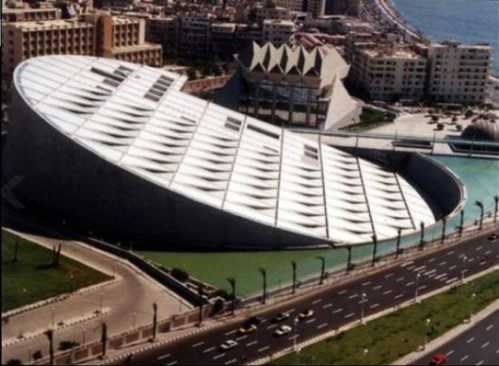
Between the ancient pyramids and the Bibliotheca Alexandrina, Egypt now has
the best of old and new. Like a giant discus landed at an angle or an
enormous light switch, Alexandria’s oceanfront library is arguably the
first great design
of the new millennium. Completed in 2002, it’s inspired by the original
Alexandrina library, founded in the 3rd century BC and acclaimed as the
greatest of all classical institutions. Thebuilding‘s sloped design represents a
second sun rising beside the Mediterranean. The vast rotunda space can
hold eight million books.
4. La Sagrada Familia, Spain
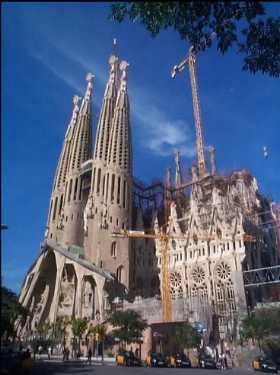

Surely the most extraordinary church on the planet, from the mind of one of history’s most
eccentric designers: Antoni Gaudí. With its tapering towers like the
straightened arms of an octopus, construction of Sagrada Família began
in 1882, though Gaudí’s vision was so complex that the church is still
unfinished. It will ultimately feature three façades and 18 towers, the
tallest of them (557 feet) representing Jesus Christ.
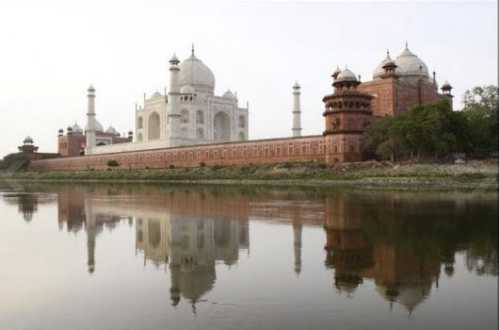
The Taj Mahal in Agra was built by Emperor Shah Jahan as a memorial for
his second wife, Mumtaz Mahal, who died giving birth to their 14th child
in 1631.
6. Imam Mosque, Iran
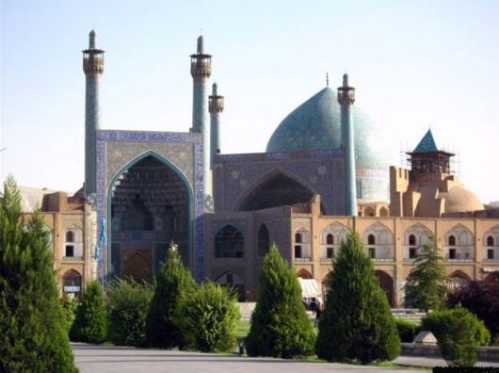


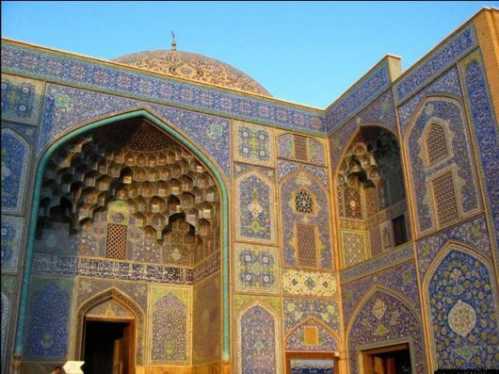
Headlining beside one of
the world’s largest squares, Esfahan’s Imam Mosque is a tiled wonder.
Completely covered, inside and out, with pale blue and yellow ceramic
tiles (which are an Esfahan trademark), it’s a stunning 17th-century
mosque, with its tiles seeming to change color depending on the light
conditions. The main dome is 177-feet high and intricately patterned in a
stylized floral mosaic, while the magnificent 90-foot high portal is a
supreme example ofarchitectural styles from the Safavid period
(1502-1772). The mosque sits askew to the square, at about 45 degrees,
so that it faces Mecca.
7. Winter Palace, Russia


Best known as the outer casing for the remarkable State Hermitage
Museum, this pistachio-colored gem on the banks of the Neva River in St
Petersburg was designed by Francesco Bartolomeo Rastrelli as the winter
residence of the Russian tsars. Filling an entire block, it bears all
the whimsy and ornamentation of the baroque period, and statues line its
roof edges like divers about to plunge into the Neva. Little wonder it
should be the showpiece of a city built
specifically to highlight that Russia could match the architectural beauty of Europe.
8. Crac des Chevaliers, Syria
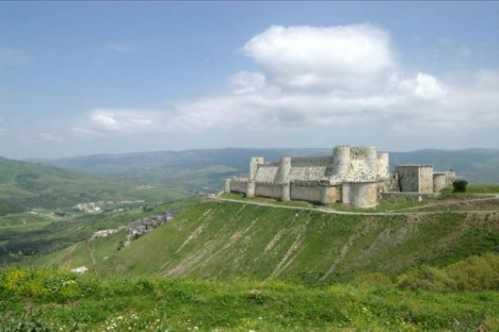


Described by TE Lawrence as the ‘finest castle in the world’, this
hilltop Crusader fortress might be 800 years old but, like a good botox
treatment, stands tight and taut against the ravages of time. It’s the
classic blueprint of a medieval castle, its thick outer walls separated
from the inner structure by a moat dug out of the rock. Inside, it’s a
minitown, complete with a chapel, baths, a great hall and a Gothic loggia. The most
visible sign of aging is the vegetation that grows from its walls;
nothing a good shave wouldn’t fix.
9. Museu Oscar Niemeyer,
Brazil
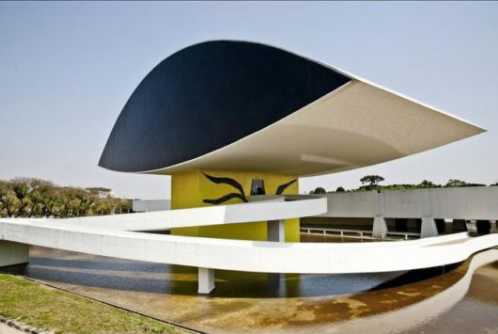

Designed by Oscar Niemeyer, the celebrated architect behind the creation
of the Brazilian capital, Brasília, the Museu Oscar Niemeyer in Curitiba will
test your view of aesthetics. Like all great buildings – and probably more so –
the art museum’s appearance has an element of love-it-or-hate-it, with its main
gallery shaped like a reflective glass eye, balancing atop a yellow
support, and approached on curving ramps above a pool of water. Once
inside the building commonly
called the ‘Eye Museum’, you’ll see that every aspect of the museum’s
design seems to marry beauty with
whimsy.
10. Hagia Sophia, Turkey
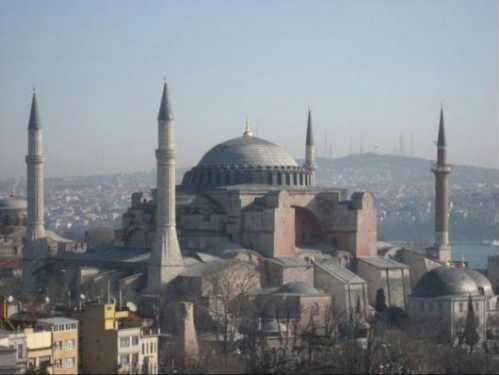

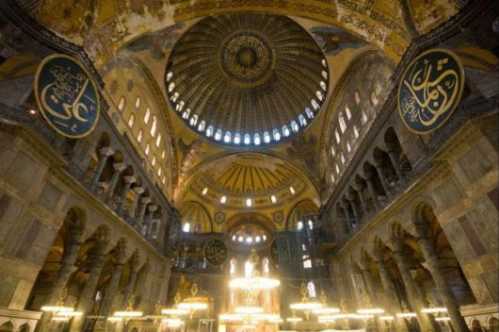
Aya Sofya (or Hagia Sophia)
is the great architectural
landmark at the heart of Istanbul, with its four minarets poised like
moon-bound rockets. Constructed in the 6th century AD as an Orthodox church,
it later became a mosque and, since 1935, a museum. The enormous
structure was built in just five years, and its musk walls are topped by
an imposing dome, 101-feet wide and 183-feet high. The dome’s base is
ringed by windows, so that from within the structure, the dome seems
almost to hover ethereally above the building.
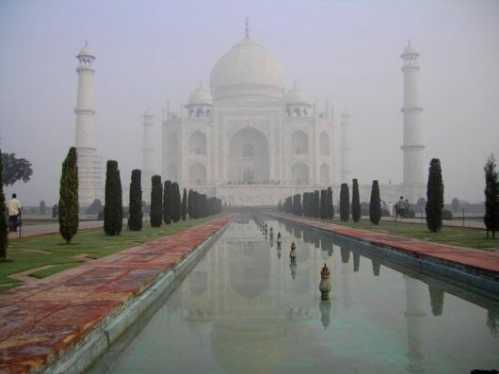
No comments:
Post a Comment